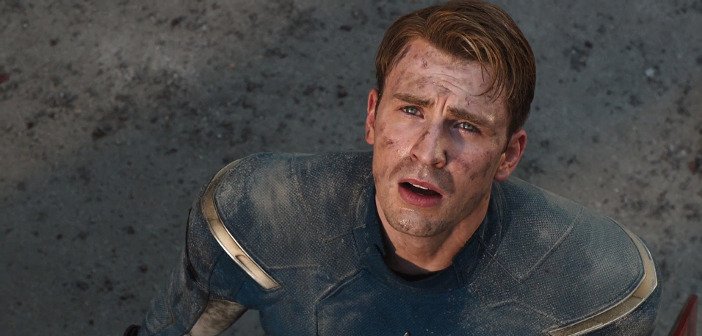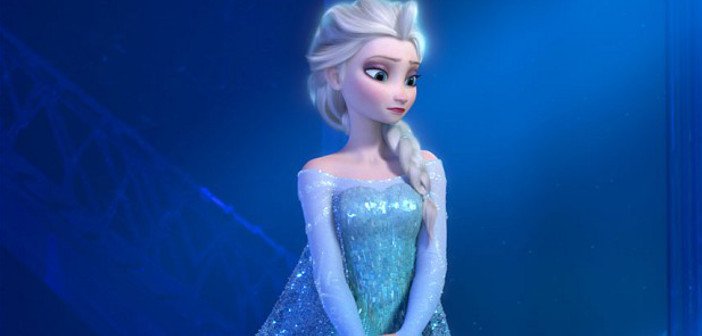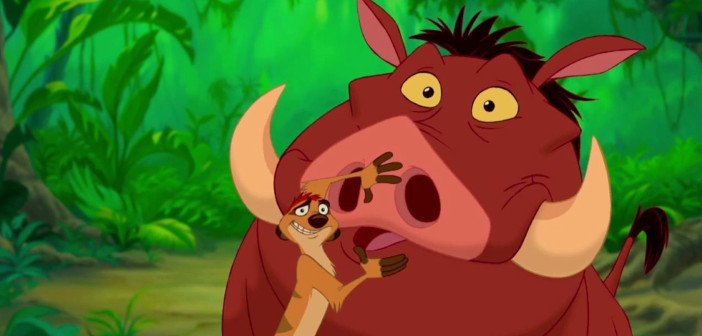A Bit of Diversity Probably Won’t Ruin Your Childhood
On Tuesday, #GiveCaptainAmericaABoyfriend trended on Twitter. The tag saw plenty of superhero fans, members of the LGBT community, and general people in favour of a bit of diversity in Hollywood band together to ask the folks over at Marvel to give Captain America a boyfriend already. The release of the latest MCU movie Captain America: Civil War left a lot of the franchise’s fans wondering just when it will be acceptable for Steve Rogers and Bucky Barnes to start dating.
Not only did the film generate a lot of talk about Captain America’s sexual orientation (as well as mass amounts of fan art), but it also contributed to the ongoing discussion concerning Hollywood’s severe lack of onscreen LGBT representation. In 2015, the major studios released 126 movies between them, with only 22 (17.5%) of those containing characters identifying as gay, bisexual, or transgender. Furthermore, this figure was not even an improvement on the films released the previous year which saw 20 movies (again, 17.5%) feature LGBT characters.

This study is conducted annually by GLAAD (previously known as the Gay & Lesbian Alliance Against Defamation) in order to promote the inclusion of LGBT people in popular culture, to push for more diverse representation in mainstream movies, and to incite change in our culture. It’s no surprise then that the organisation have since expressed their support of the #GiveCaptainAmericaABoyfriend campaign. Entertainment media strategist Megan Townsend claims that the hashtag proves major studios clearly do have opportunities to include more diverse characters in their releases. Townsend also addressed the concerns of those who remain critical of the idea, stating that although Steve Rogers does not identify as gay or bisexual in the comics, it is possible “for established characters to have backstories built out that we weren’t aware of.”[pullquote]In 2015, the major studios released 126 movies between them, with only 22 (17.5%) of those containing characters identifying as gay, bisexual, or transgender.[/pullquote]
However, the supposed ‘integrity’ of the original story isn’t the only reason a select group of people are vehemently against Steve and Bucky getting together. According to at least one guy in every comment section in almost every article in the entire world (probably), “the gay agenda has gone too far.” Which is an interesting idea when you consider that Warner Bros., Disney, and Paramount all failed GLAAD’s studio report card. In fact, no major Hollywood studio achieved a ‘Good’ rating from the organisation last year. The biggest surprise result rested with Disney who not only failed the report, but apparently had zero LGBT inclusive content in any of their films.
But getting Captain America a boyfriend isn’t the only opportunity fans have given the studio to include more diverse characters among their movies. Last month, an online campaign to give Frozen’s Elsa a girlfriend took social media by storm as thousands rallied together to prove just how important it would be to have an openly gay Disney princess. Not only would the development tie in nicely with Frozen’s whole You-Don’t-Need-A-Man-To-Be-Happy / There-Are-Other-Ways-To-Save-The-Day / Hans-Is-An-Absolute-Bastard thing they’ve got going on, but it would also allow young gay girls to finally see somebody like themselves – not just on the big screen, but in what is literally the most popular animated franchise to come out of Disney ever.

Myriads of people all around the world have come out in support of the #GiveElsaAGirlfriend campaign including the film’s own Idina Menzel, who recently stated that she thought it would be a great idea to give the Queen a female love interest in Frozen 2. However, not all responses to the fans’ suggestion have been so positive. Not unlike the reaction to Captain America potentially being gay or bisexual, to some the idea that a Disney princess should have a girlfriend is simply unfathomable.[pullquote]Giving Elsa a girlfriend would allow young gay girls to see somebody like themselves – not just on the big screen, but in what is literally the most popular animated franchise to come out of Disney ever.[/pullquote]
Again, fears of compromising and somehow ‘ruining’ a story masked the blatant homophobia dominating the majority of arguments against the campaign. Supposedly, presenting young children with a female character who is in a loving relationship with another female character is more “dangerous” and “confusing” than, say, a female character who relies solely on a strange man to rescue her from her life of abject misery – or, every classic Disney movie ever made.
Sure, the studio has come a very long way since the mid-twentieth century (haven’t we all?), but that doesn’t erase the fact that so-called gay characters in Disney tend to be presented only through homosexual undertones or ambiguous jokes, rather than open identifications of their sexualities. The idea that every character in every film ever cannot be anything other than straight unless specified originally as otherwise only encourages the narrative that heterosexuality is ‘normal’ and everything else is ‘Other.’

But it’s not just the precious childhoods of today’s youth that those against diverse representation are supposedly struggling to protect – it’s their own childhoods too. Seemingly, the very existence of every franchise, movie, TV show, and novel is being threatened by all of these perilous reboots and sequels featuring LGBT characters, people of colour, and of course, women.[pullquote]Seemingly, the very existence of every franchise, movie, TV show, and novel is being threatened by all of these perilous reboots and sequels featuring LGBT characters, people of colour, and of course, women.[/pullquote]
Just look at the reaction to the latest Ghostbusters movie – a film which has essentially been written off as terrible before it’s even come out. Cast your mind back to when it was announced that a woman would be taking the lead role in the new Star Wars film, and that there would even be a (gasp) black Stormtrooper. Go on Twitter or Facebook or Piers Morgan’s social media accounts every time somebody suggests that James Bond should be played by Gillian Anderson or, God forbid, Idris Elba. All of these stories originated decades ago, and for decades they have featured straight, white men running around and saving the day. Why is it such a radical idea that somebody who doesn’t fall into that category should have a go?
Idris Elba, of course, has been at the centre of the Bond ‘controversy’ for months despite having apparently stated that he doesn’t even want the role. Luckily, racists everywhere can rest easy (or not) in the knowledge that Elba has found a new project in Stephen King’s The Dark Tower series. Next year, the actor will grace our screens as Roland Deschain, or The Gunslinger – a character who was originally written as a white man in King’s novel. While some fans do seem to have genuine reservations about the plot’s direction considering this change, others are simply angry that the series’ hero is being played by a black man and that, once again, PC has “gone mad.”

In response to those critical of the film’s cast, The Dark Tower’s producer and writer Akiva Goldsman stated that while he recognises many fans of the series are concerned about the storytelling, he doesn’t really care and “the racist assholes should go fuck themselves.” Stephen King himself had a similar, yet less overt, message for his fans regarding Elba’s role. He took to Twitter to declare that he didn’t care what colour Roland was as long as he could draw quickly. And considering Elba is a great man of many, many talents, chances are he probably will be able to do just that.
To me, the color of the gunslinger doesn't matter. What I care about is how fast he can draw…and that he takes care of the ka-tet.
— Stephen King (@StephenKing) December 12, 2015
The world is a very different place compared to 40 or 50 years ago. Times change, and so do stories. Including racially and sexually diverse characters into well-known and loved franchises isn’t ruining them, it’s making them better and more inclusive of the audiences who actually watch them. Your children are not going to be confused because a superhero loves someone of the same sex, or because a Disney princess has a girlfriend. And your childhood is certainly not going to be ruined because some women busted some ghosts.
